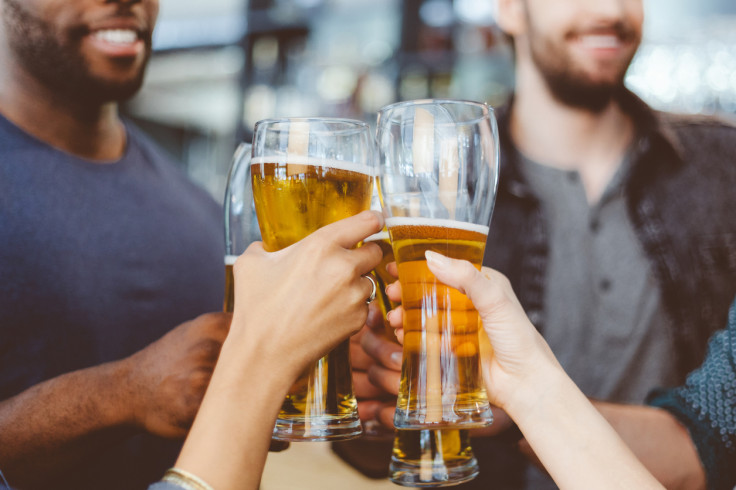New research shows how alcohol damages stem cells and increases cancer risk
The mechanism by which the substance causes cancer has not been clear to scientists.

After cigarettes, alcohol is perhaps the most common carcinogen that humans voluntarily expose themselves to. How this simple substance promotes cancer, though, has not been clear. But our latest study, using genetically modified mice, sheds some light on the possible mechanism.
Our previous research revealed the principle mechanism that protects us from alcohol-induced DNA damage. The first level of this protection consists of an enzyme that converts acetaldehyde – a toxic byproduct created in the body when alcohol is metabolised – into a harmless substance.
The second level of protection consists of a repair system that fixes the damage that acetaldehyde causes to DNA. Now we have extended this work to show how alcohol, and subsequently its toxic byproduct, damages the DNA of the cells that supply blood – the blood stem cell.
Inherited gene defects that impair this protection mechanism are common in humans. About 500m people in Southeast Asia don't have the biological system for dealing with acetaldehyde (the first level of protection). People from this region often get a flushed complexion after drinking alcohol, and they often feel unwell. They are also at increased risk of oesophageal cancer.
Fourfold increase in damage
We show that mice that have been genetically modified to emulate this loss of protection accumulate four times more DNA damage in their blood cells after exposure to a single dose of alcohol, so they are highly reliant on the DNA repair system to ensure that these cells don't accumulate irreversible DNA damage.
Although it is quite rare, some people lack the DNA repair system (level two protection) that undoes the damage. They suffer from a devastating illness called Fanconi's anaemia that leads to premature death due to loss of blood production, blood cancer and other types of cancer.
Using mice that lack both protection mechanisms, we show conclusively that alcohol exposure causes damage to the chromosomes in the blood cells resulting in rearrangements of their chromosomes – the structures in the nucleus of the cells where DNA is packaged. Using state-of-the-art DNA sequencing technology, we deciphered the genomes of the rare stem cells that supply the blood in these mice and show how they are altered by this damage.
Damage to the genome of stem cells may cause them to dysfunction. However, because these vital cells give rise to a large number of specialised blood cells, the altered genome of single stem cells can be transmitted to many daughter cells. Altered genomes ultimately lead to altered genes, which, in some instances, cause cells to become cancerous.
No certainty, but valuable new insights
We have primarily studied the blood cells in our mice, but we can't say for certain that alcohol causes blood cancers. However, it is well-known that alcohol does affect the production of blood. Our results explain, to some extent, why this happens.
The main advantage of studying blood is that it is easy experimentally to examine. This is particularly the case for the blood stem cells, which can be quantified and functionally assessed by a technique known as bone marrow transplantation. This involves transplanting stem cells that one may wish to assess into a mouse that no longer has such cells. Over time the transplanted stem cells start producing new blood and the efficacy of doing so relates to the fitness of the transplanted stem cell. So the analysis of blood stem cells provides a window into how alcohol may damage other stem cells in the body, such as those that make the gut and the liver.
Our new research explains how alcohol damages DNA in our vital stem cells. Although we show that this damage is limited by a robust protection mechanism, inherited dysfunction of this mechanism is common in humans. Nevertheless, it is also important to stress that, like all protective mechanisms they are not perfect and can be overwhelmed. Most life on Earth, from bacteria to mammals, also possess this protective mechanism, but, unlike humans, they have not yet developed the capacity to manufacture alcohol on an industrial scale for consumption.
Ketan Patel is a Professor at the University of Cambridge.
This article was originally published on The Conversation. Read the original article.





















